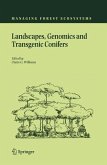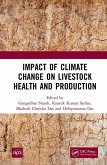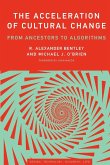Experts from the natural and social sciences examine the coexistence of productive and exploitative behavior strategies observable in many species at many levels. In the natural world, some agents (investors) employ strategies that provide resources, services, or information, while others (exploiters) gain advantages through these efforts. This behavior coexists and can be observed in many species and at many levels. For example, bacteria depend on the existence of biofilms to synthesize constituent proteins; cancerous cells employ angiogenesis to feed a tumor; and parents forgo vaccinating their children yet benefit from herd immunity. Two independent research traditions have developed to analyze this behavior--one couched in evolutionary theory championed by behavioral ecologists, the other in social science concepts advocated by economists. In this book experts from economics, evolutionary biology, behavioral ecology, public health, and anthropology look for commonalities in understanding and approach. The contributors consider parasitic strategies in ecological and economic terms; the governance of natural resources, with insights from "producer-scrounger models," forest management, and game theory; human health, discussing therapeutic opportunities, public health economics, and the integration of perspectives; and behavioral, social, and institutional consequences of exploitation strategies. Contributors Michal Arbilly, Zoltán Barta, Jan Börner, Sam P. Brown, Max Burton-Chellew, Juan Camilo Cardenas, Sasha R. X. Dall, Miguel dos Santos, Frédérique Dubois, Paul W. Ewald, Gigi Foster, Paul Frijters, Luc-Alain Giraldeau, Ben Greiner, Reem Hajjar, Philipp Heeb, Markus Herrmann, Tatsuya Kameda, Alex Kacelnik, Kiryl Khalmetski, Andrew J. King, Hanna Kokko, Michael Kosfeld, Wolfgang Leininger, Arnem Lotem, Kimberley J. Mathot, John M. McNamara, Friederike Mengel, Johan A. Oldekop, Daniel Pauly, Benjamin Roche, Devesh Rustagi, William J. Sutherland, Frédéric Thomas, Thomas J. Valone, Joël van der Weele, Björn Vollan, Claus Wedekind, Bruce Winterhalder
Hinweis: Dieser Artikel kann nur an eine deutsche Lieferadresse ausgeliefert werden.
Hinweis: Dieser Artikel kann nur an eine deutsche Lieferadresse ausgeliefert werden.








